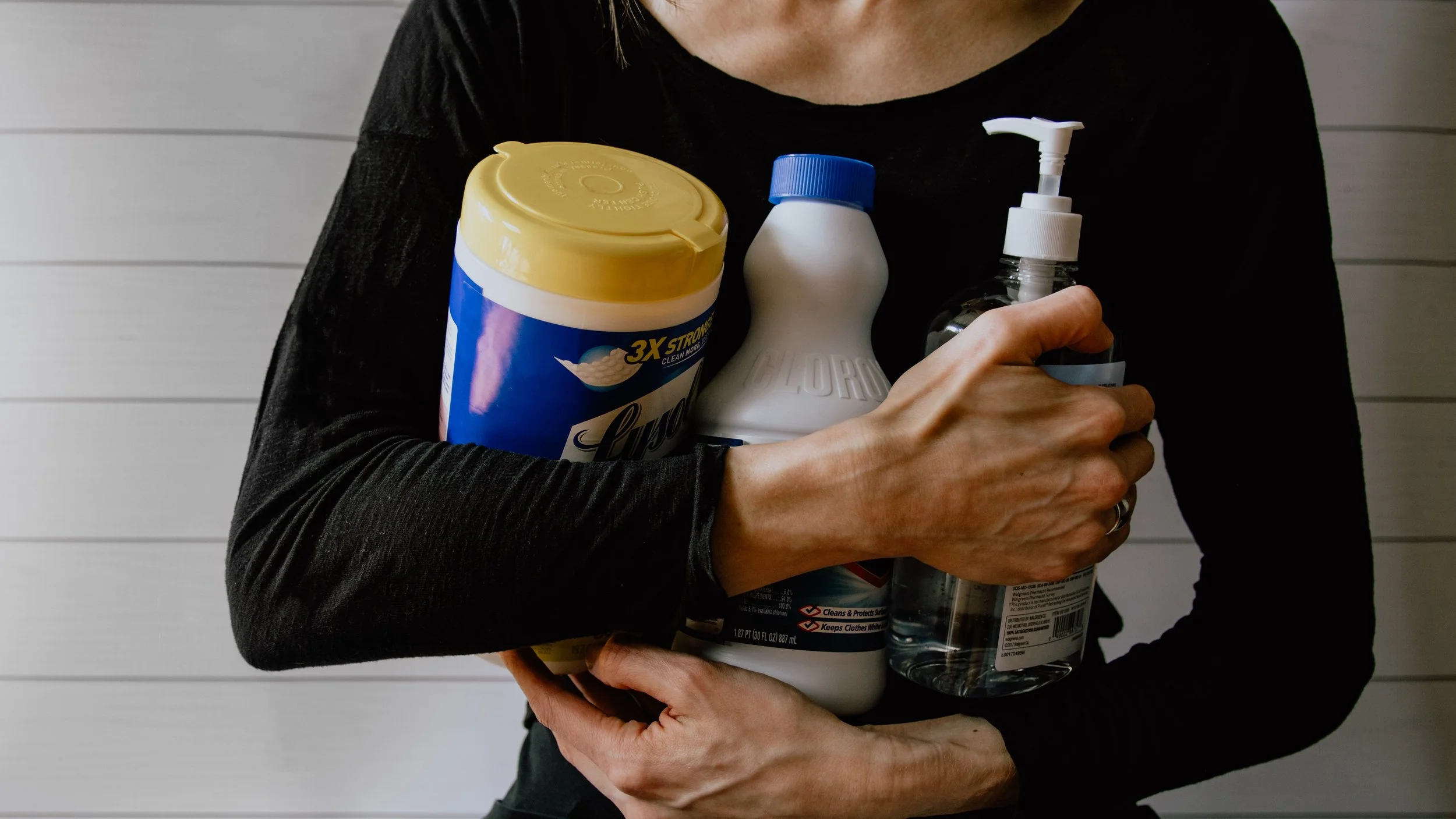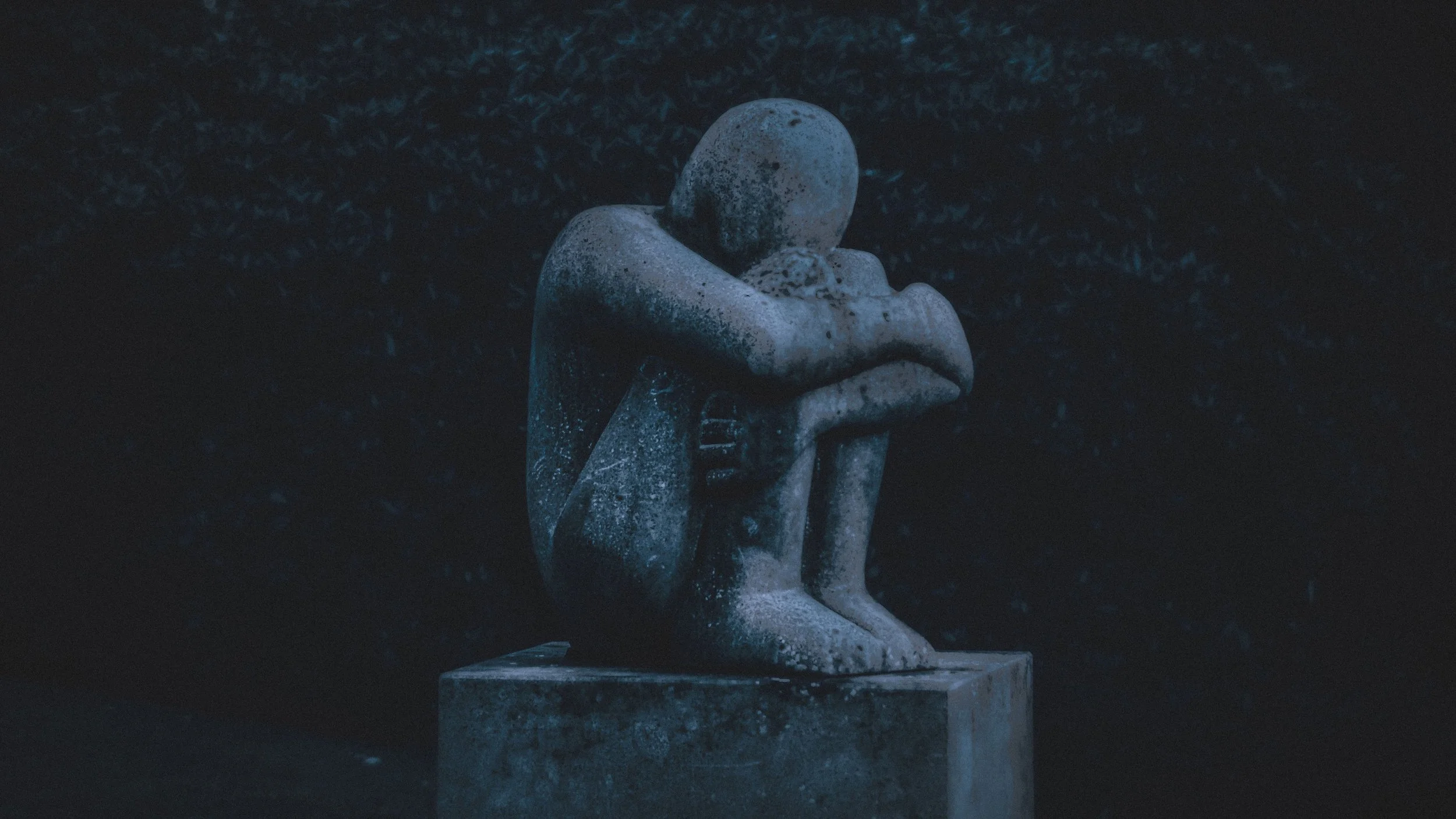Depression
Depression is one of the most common mental health conditions. It impacts over 300 million people — of all ages, races, ethnicities, and socioeconomic backgrounds — across the world. Depression isn’t just feeling sad or struggling through challenges in your life, but rather feeling extremely low for an extended period of time and feeling unable to enjoy or function in your day to day life.
Some people will only experience a depressive episode once in their life, but for most, depression is reoccurring. Depressive episodes can last for months, or even years, if left untreated. With proper treatment, a majority of people are able to feel just as they did before experiencing depression.
What does depression feel like?
Depression is a persistent feeling that lasts for most of the day, nearly every day. It impacts the way you think, feel and behave, and it leads to severe emotional and physical problems. Here are some of the symptoms that depression may incite:
Sad, anxious, or “empty” mood most of the day, nearly every day
Loss of interest in previously enjoyed activities
Irritability
Irregular sleeping patterns.
Sleeping too much or too little
Restlessness or feeling like you’re moving slowly
Extreme fatigue or loss of energy
Changes in appetite and weight fluctuations
Difficulty concentrating
Feeling worthless
Thoughts of death or suicide
These are just some of the symptoms that you may feel, and depression will look different in every individual. Depression can make you feel guilty, hopeless, or worthless. Those feelings can lead to extreme symptoms, and it can lead to thoughts of suicide or death.
What are the different forms of depression?
The cause of depression can be a difficult thing to pinpoint, and there could be a combination of sources, as well. It may be an imbalance of chemicals in your brain, a product of negative thinking patterns, a side effect of a medication, a family history of depression, or just a result of extremely difficult life events. Here are some of the different ways that depression manifests itself:
Major Depressive Disorder (Clinical Depression)
When most people think about depression, this is likely what comes to mind. Major Depressive Disorder (MDD), is recognizable by a persistent, and inescapable, low mood, loss of interest, and low self-esteem. For it to be considered MDD, those symptoms must be present for most of the day, every day for at least two weeks.
Persistent Depressive Disorder
Persistent Depressive Disorder is a long-lasting type of depression. Unlike MDD, you will continue to experience symptoms most days for at least two years. While it is a constant in your day-to-day life, Persistent Depressive Disorder doesn’t ever amount to a severe major depressive episode.
Postpartum Depression
Postpartum depression (PPD) is a major form of depression that mirrors all of the symptoms of depression, but it only occurs after childbirth. It can appear anytime after delivery and could last up to a year. Postpartum impacts 10 to 20 percent of new moms.
Premenstrual Dysphoric Disorder
Premenstrual dysphoric disorder (PMDD) is diagnosed when a woman experiences the severe symptoms of depression in the week before menstruation. The timeframe for PMDD is unlike most of the other types of depression. While still just as severe, the symptoms usually end within the first days of menstruation.
Seasonal Affective Disorder
Seasonal Affective Disorder is a type of depression that occurs due to the varying levels of sunlight, throughout the fall and winter. Typically, the symptoms subside during the spring and summer months.
How to live with depression
A healthy lifestyle
As with most things in life, eating a healthy diet, drinking more water, exercising regularly, and getting a good night’s rest can help when you’re dealing with depression. Just general lifestyle changes can be a really powerful tool to help relieve some of the symptoms of depression.
Talk about it
It’s estimated that 15% of the adult population will experience depression at some point in their life. If you’re suffering from depression, know that you’re not alone. While depression can feel extremely isolating, remember that millions of people have felt similar to what you’re feeling. Sharing what you’re going through can be very healing, and you may learn from other's experiences, as well.
Therapy
Therapy can be an amazing resource to help you work through whatever may be causing your depression. It can help transform the way that you're feeling, and give you the tools to handle the emotions associated with depression. If you think that the cost of therapy won’t fit with your budget, here are five out-of-the-box ways to work therapy into your life.
Meditation
Meditation can also be a great way to relieve your depression. With commitment and practice, you can begin to assess the highs and lows that you experience and to shift the negative thinking you may be experiencing. Meditation can help you create some space between those thoughts and your reactions. If you’re ready to give meditation a try, use these 10 easy steps to meditation as a guide to get started.
Medication
Sometimes, none of the above can help your depression — and that’s ok! Antidepressant medications can help reduce feelings of sadness or depressed mood, along with suicidal thoughts. Your doctor can help you decide if medication is the best route for you and what medication will help your depression in the most efficient way.
While depression is highly treatable, it may not always be a quick solution for everyone. If a treatment doesn’t work, don’t get discouraged! You may need to try a combination of treatments or work closely with your doctor to find the right solution for you.
Take a free mental health screen
A mental health screen is a simple series of questions to help you check in with your mental health. Mental Health America’s online screening tool is free, confidential, and available 24/7. Your results aren’t a diagnosis, but they’re a great place to start and a baseline to figure out next steps. We encourage you to share them with your doctor so they can help you get any support you may need.
Other Resources
Mental Health America - Depression Information & Screening
mhanational.org/depression
idontmind.com/screen
Anxiety and Depression Association of America
adaa.org
International Foundation for Research and Education on Depression
ifred.org
Depression and Bipolar Support Alliance (DBSA)
1-800-826-3632
dbsalliance.org
National Suicide Prevention Lifeline
988
suicidepreventionlifeline.org








